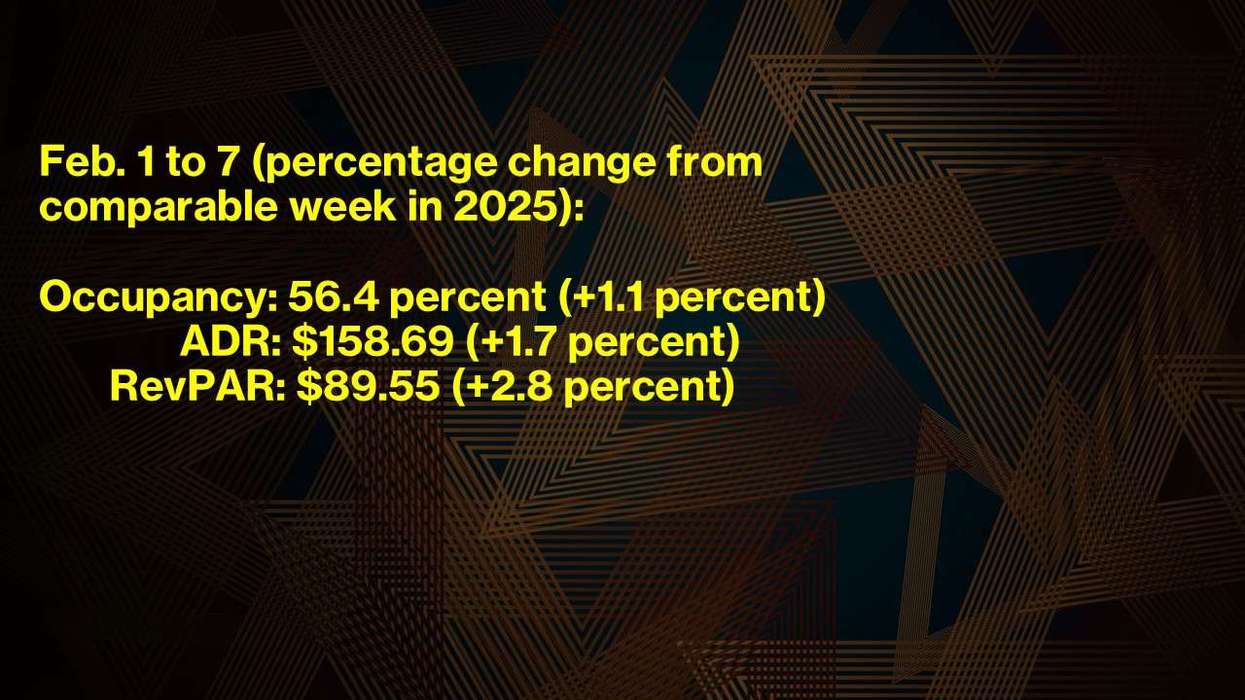Summary:
- AI investment outpaces operational readiness in travel, Amperity reported.
- Only 35 percent of hotels and airlines use AI for guest experiences.
- 36 percent lack formal AI training, hindering safe real-world use.
THERE IS A widening gap between investment in artificial intelligence and operational readiness within the hospitality and airline industries, according to a report by data cloud firm Amperity. Despite these gaps, travel professionals expect AI spending to increase or remain steady over the next year.
Amperity’s “2025 State of AI in Travel & Airlines Report” shows that while AI has become a strategic priority, many brands are unprepared to deploy it directly in guest experiences. The report is based on an online survey of 800 U.S. hotel and airline professionals across executive, marketing, data and analytics and IT and engineering roles, conducted in September.
Only 35 percent of hotel and airline brands currently use AI to enhance guest interactions and just 12.5 percent are ready to scale those efforts across their organizations. Conversely, nearly all respondents—96 percent—plan to maintain or increase AI investments over the coming year.
“While travel brands are investing in AI, they’re hesitant to put it in front of guests,” said Tony Owens, Amperity’s CEO. “The challenge isn’t vision—it’s connection. Without a unified view of the customer and reliable access to quality data, AI can’t consistently deliver the personalized experiences travelers expect.”
Widespread, yet shallow
About 80 percent of travel companies use AI in some capacity, primarily in marketing, customer support and sales, rather than in direct guest interactions. However, training and readiness lag, with 36 percent of respondents reporting no formal AI training, making safe deployment in real-world guest interactions challenging. Data fragmentation also limits AI’s effectiveness for personalization, with 58 percent of companies reporting incomplete or fragmented customer data.
Companies with a customer data platform report higher daily AI use at 54 percent versus 28 percent, more guest-facing deployments at 50 percent versus 19 percent and broader adoption across business units at 19 percent versus 4 percent. Centralized data is key to expanding AI’s reach and impact across operations.
Momentum grows despite gaps
Nearly all travel professionals—96 percent—expect AI spending to rise or hold steady over the next year. The report outlines a path from pilots to production-ready AI, including unifying first-party guest identity across touchpoints, productionizing data preparation workflows, prioritizing guest-facing use cases with clear metrics and closing training and governance gaps with role-based enablement.
Derek Slager, Amperity’s co-founder and CTO, said AI only delivers real value when it runs on unified, privacy-safe data.
“When identity is resolved with precision and profiles stay current across every system, brands can safely bring AI closer to their guests—delivering more personal, meaningful experiences with confidence,” he said.
A recent study by Florida Atlantic University found that hotels must rethink how they build and maintain loyalty as AI systems increasingly make travel decisions and bookings. The rise of AI agents will complicate hotel loyalty management.





